Have you just come into some excess or spare cash? Maybe an inheritance, a bonus payment or a lottery windfall? Even though your first urge may have been to run out and buy all of the things you’ve been looking forward to, the fact that you’re here searching “what should I do with spare cash?” suggests you are on the road to a strong set of personal finances, and I salute you for your wisdom!
People may receive an unexpected (or to be fair, expected) windfall a handful of times in their life, and choosing what to do with it can have a big impact on your finances, both now in the present and well into the future. Receiving unexpected or spare cash can act as a shot in the arm and give you the leg up you need to stabilise your finances and get you prepared for building secure wealth.
So, should I spend my spare cash?
This is probably most peoples initial reaction, and I empathise too. I would love to drop some cash on some swanky new tidbits, but it is very rarely the right option. I’ll discuss the key areas in your personal finances that may need strengthening before you should think about spending it.
To work out what is the best option for you, work through this process:
- Take a breath and wait, don’t make any quick decisions
- What is the strength of my personal finances currently?
- Do I still want to spend it?
Take a breath and wait
Put some space between you and the decision to use the cash so that you don’t rush into something that you’ll later regret. Don’t start shopping around and looking at what you can buy, don’t even start searching for investments at this point. Just take a breath and wait before taking action.
Why? You don’t want your emotions to rule you on this personal finance decision. Sometimes, on the back of a high from receiving some “free” money from a windfall, you may be wanting to run out to the shopping centre in jubilation and make some really dumb decisions.
How long depends on you, but give yourself at least 48 hours for the emotion of the windfall to dissipate somewhat – you want to be approaching this logically with emotions to one side and will give you the headspace to look at your personal finances more closely to understand if there is a better use for your cash than simply spending it. Even though this is the more boring option, being prudent with your cash is quite literally the route to riches.
What is the strength of your personal finances currently?
This is really important as a windfall can be your much needed shot in the arm to resuscitate or supercharge your finances, so don’t squander it!
These options based on your situation are listed in priority order, so work your way down depending on which one is relevant to you.
Set up an emergency fund
Do you already have an emergency fund? This is critical for secure and stable personal finances as this fund allows you to absorb any unexpected expenses or short-term drops in income. Think of it as a literal lifeline which will keep your head above water for long enough for you to fix your finances (in the case of a job loss or large unexpected expense).
If you have debts such as loans or credit cards (mortgages or student loans in the UK don’t count at this stage so don’t worry about them), then aim for building up an emergency fund of £1,000 or 1 months’ worth of expenses. Once you’ve done this, skip to the next step (paying off your loans and credit cards).
If you don’t have debts such as loans or credit cards (once again mortgages and student loans in the UK don’t count here), then build up a bigger emergency fund of 3 to 6 months’ worth of expenses.
If you’re worried about your income or some potentially large costs are uncertain that you can’t insure against, consider raising this from 6 months’ to 6-12 months’ worth.
Pay off your consumer debt
Once you have your emergency fund saved (at least £1,000 or 1 months’ worth of expenses), take aim at your consumer debt such as credit card and personal loans (but avoid paying off your mortgage or UK student loan at this point).
These types of debt tend to be the most expensive type of debt, and paying these off (or part paying these off) will start to increase your monthly personal profit by reducing your monthly repayments (and monthly interest charges) – essentially giving your monthly income a boost (nice!).
If your windfall isn’t enough to pay off all of your consumer debt, prioritise the payments based on the most expensive debt first. This is called the debt avalanche method and is the most efficient way of paying off your debt. To do this, identify which of your consumer debts has the highest interest rate, and pay them off in order from highest to lowest. This will reduce the cost of borrowing by the most amount given the windfall you have received.
If you’ve paid off all your consumer debt now but only have an emergency fund of £1,000 or 1 months’ worth of expenses then aim to build this back up to a fully-funded emergency fund of 3-6 months’ worth of expenses.
How come this comes before investing I hear you ask? It is unlikely that your investing returns will be higher than the cost of your borrowing. Most credit cards have an interest rate of 15%+ per year. Whereas the average return from investing in the stock market will be anywhere from 7-10% per year. Therefore, it is more efficient to use your money to pay off your debt first and then invest, rather than the other way around. It is this exact reason I tend to advocate not worrying about paying off your mortgage before starting to invest also, as in the current low interest rate environment you are likely to make a better return on your money by investing it rather than paying off a mortgage at 2-3%.
Invest
Now that you have a solid footing with a fully-funded emergency fund and a big fat zero on your consumer debt balances, its time to start investing babbbyyyyy. Now this is the point with which you can also entertain the idea of spending some of your windfall if you still have the desire. I’ll cover the investment options you have first, but will then go on to discuss whether spending is the right option.
In terms of your personal finances, if building up an emergency fund and paying off debt is laying the foundations, then investing is where the house actually gets built. This is where you invest your money into buying an asset that generates you a return, either by paying you an income (think rental income or dividend payments) or by growing in value for you to resell later. Investing is key to growing wealthy because it allows your money to work for you, and these returns each year compound on each other.
Pension
Investing in your pension supercharges your payment in by giving you a tax break on the way in, giving you more money to fund your retirement that you simply won’t get any other way. There are limits to the amount you can invest in your pension, so if you’re worried that this may not be suitable for you then be sure to speak to a pensions or investment adviser.
The downside to putting money into your pension now is that the money is truly locked away until you can start taking your pension later in life. This is why it is key to have a strong emergency fund.
Stocks & Shares ISA
A stocks & shares ISA is an investment wrapper that allows you to invest in the stock market without incurring income tax or capital gains tax on anything you hold within it. In the tax year 2020-2021, this has a limit of £20,000. You can choose the type of investments you make within it, but try to go for a cheap platform such as Hargreaves Lansdown where you can select a low-cost diversified index tracker fund (which gives you exposure to different asset classes around the world at a low cost), or try a robo-advisor like Nutmeg.
Property
When people hear the word “investments”, property investment tends to jump top of mind. As with making any investment, make sure to do your due diligence and understand the risks as well as the opportunity. Due to the high upfront capital cost (think the deposit and legal fees) involved in this investment, only get involved in this if you are experienced and/or have enough to build in diversification. You don’t want to put all of your capital into one property which turns out to be a stinker and loses you cash that you can’t sell.
Let’s talk about spending
So you’ve built up an emergency fund and paid off your debt at a minimum. Good stuff! If you haven’t, then any windfall should be spent doing just that. Unfortunately your spending will have to wait until another day, but don’t worry, it will come if you improve your finances.
Once you have that strong foundation, you can start to think about investing and spending. If you’re confident you are paying in enough into your retirement savings, then you can be more relaxed about spending a portion of your windfall on a desire or want in the present.
However, if you are worried about your retirement pot or are trying to build it up aggressively, then invest the lot in a diversified asset allocation (speak to an investment advisor or use a robo-advisor such as Nutmeg if you’re unsure what yours should be).
The key is to approach this decision with balance, making sure to cover your long-term needs (by investing) vs your short term desires.
Be wary of a recurring cost
With receiving a one-time and one-off windfall, be extremely wary about spending on anything that brings a recurring cost. A recurring cost is one that continues to happen after you’ve made the initial purchase. For example, you may have received a big chunk of cash which has allowed you to build up 6 months’ worth of emergency fund, pay off your consumer debts and to contribute a good amount towards investing, leaving you £20,000 left over to “spend”. You went out and bought a £20k used sports car, but you’re now saddled with really high monthly insurance payments, expensive repair bills and car tax. These are the recurring expenses that came with the one-off purchase that you’ll need to continually focus.
Some of the things that you might want to start using your windfall for might include one-off purchases that don’t come tied with recurring expenses such as:
- Saving up for a bucket-list holiday or adventure
- A gift for a family member or friend
- Charity donation
- Tuition fees (an investment in learning is never wasted!)
You could even use your funds to fund the costs of starting a side hustle. This might come with ongoing and recurring expenses, but rather than being a pure outlay, the funds “invested” should help to enable and facilitate you to grow an additional income stream. Just be mindful not to overreach too soon, especially when funding your own side hustle/start-up, and slowly build it up.
Conclusion
If you’ve received a windfall and are wondering what to do with spare cash or excess cash, then firstly taking a breath and trying to take emotion out of the decision will stop you from making an illogical decision that you’ll later regret. Then self-reflecting at the state of your current personal finances will give you the bulk of your answer, with saving a strong emergency fund and paying down expensive consumer debt such as credits cards or personal loans as the priority. Once you are confident in your financial “foundations”, you can look at investing the remainder of your windfall and spending a portion, being mindful of the ongoing and recurring expenses that might impact your finances in the future.
What would you do with a windfall? Hopefully this has helped answer the question “What should I do with spare cash?”, but I would love to hear your ideas and opinions – ping me an email or drop me a comment in the comments section below!
How The Timeframe of Your Personal Finance Goal Makes A Big Difference
So you’ve cranked out your budget, made some easy savings and upped your Personal Profit….
Yolt vs Cleo: Will One of These Help Your Finances?
Another budgeting app face-off. This time, we pitch Yolt vs Cleo. Quick Summary For those…
Emma App Review: Is It the Best Spend Tracker Out There?
A key part of managing your personal finances is tracking your spending. You can use…
What Is A Good Amount Of Savings UK?
Generally in life, more tends to be better. But is that true for savings? Whilst…
Chip vs Plum: Which One Will Boost Your Money?
With personal finance, the aim of the game is to simplify and automate when and…
How To Cancel Stitch Fix UK
Giving your finances a trim is a great idea to save some easy money. Looking…
Snoop vs Yolt: Will These Help You Save Money?
Is there an area not yet touched by the app revolution? If there is, then…
How To Save For A House Deposit In A Year (Whilst Renting In The UK)
As a fellow first time buyer, I’m sure you know the struggle already. We really…
What is the Average Weekly Food Shop For 2 Adults UK?
With the current cost of living crisis in the United Kingdom, it makes sense to…
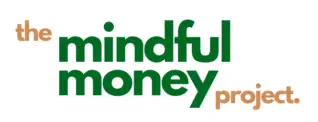
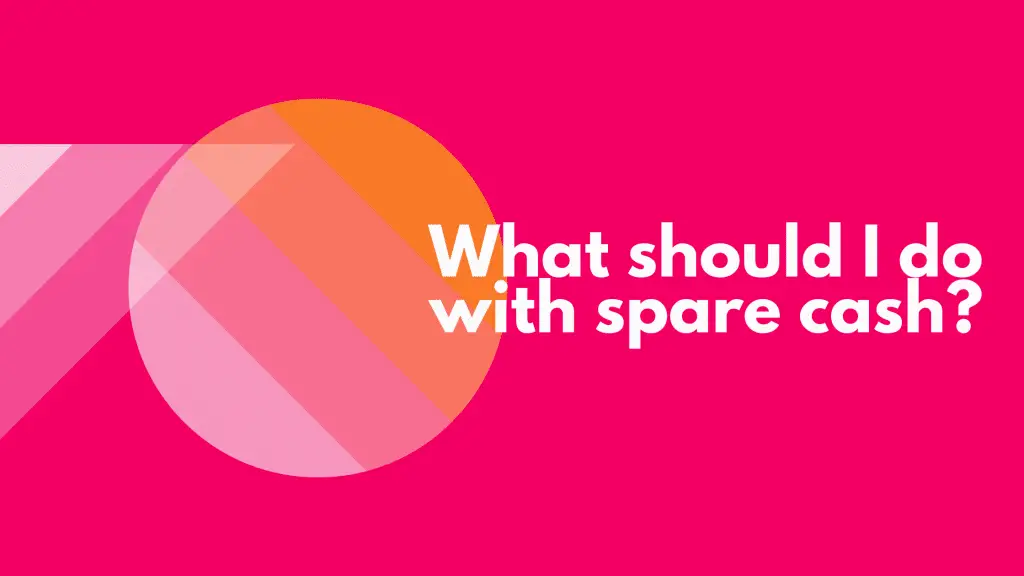
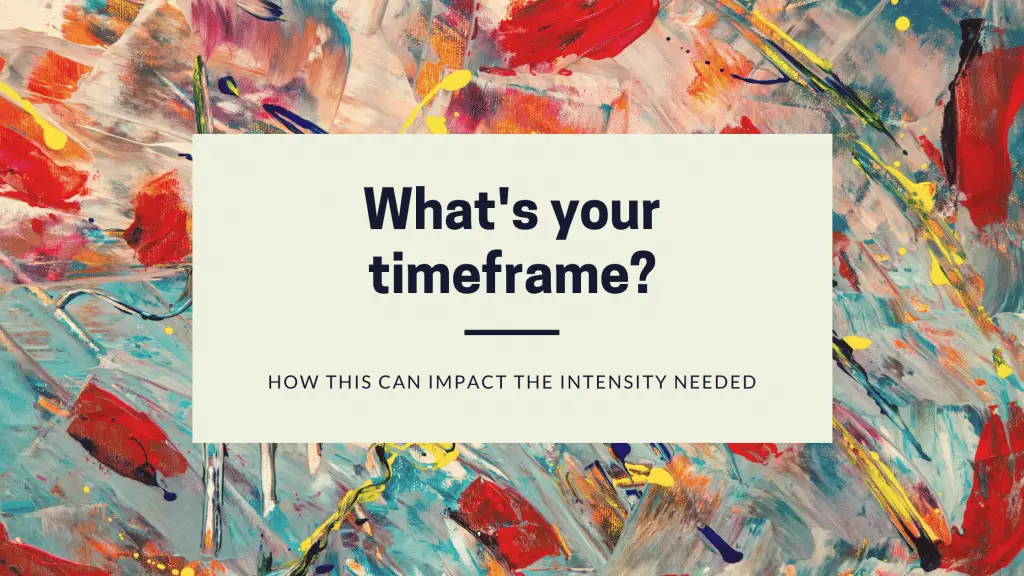
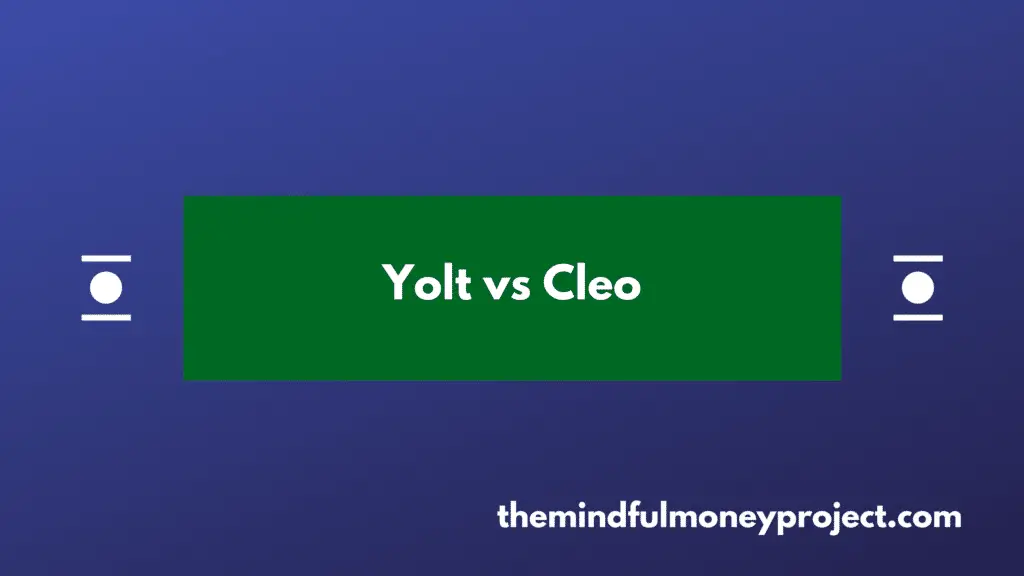
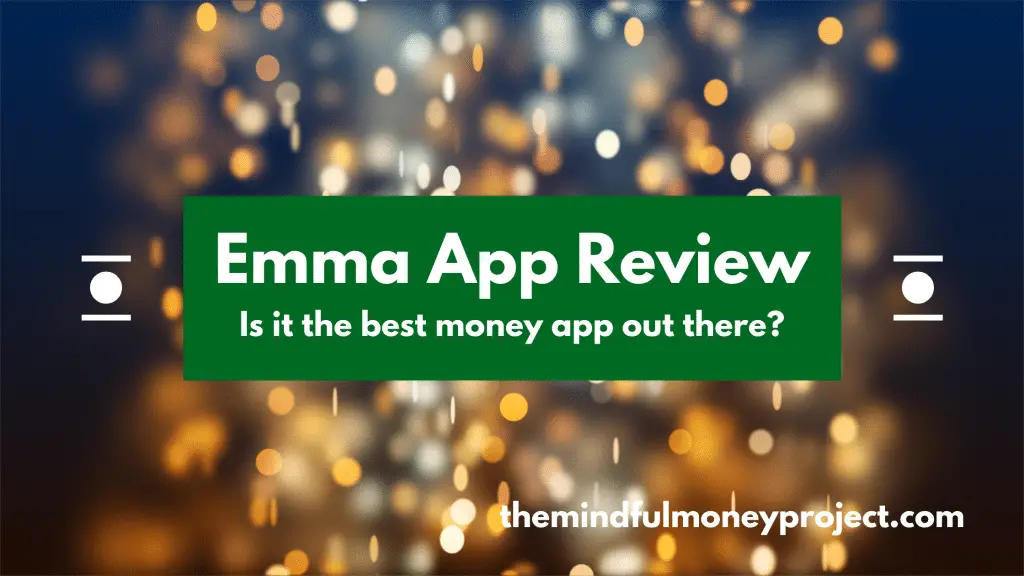
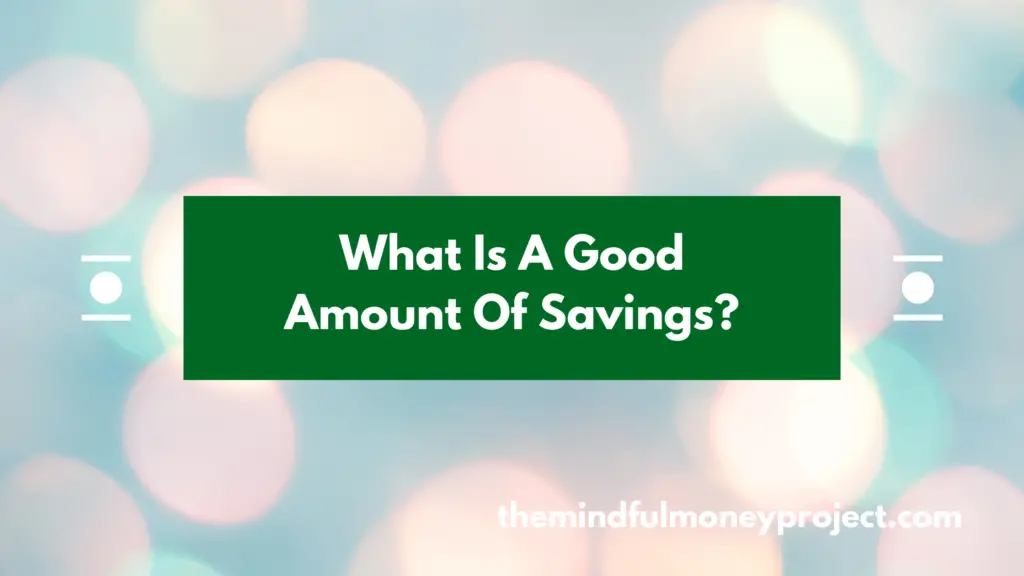
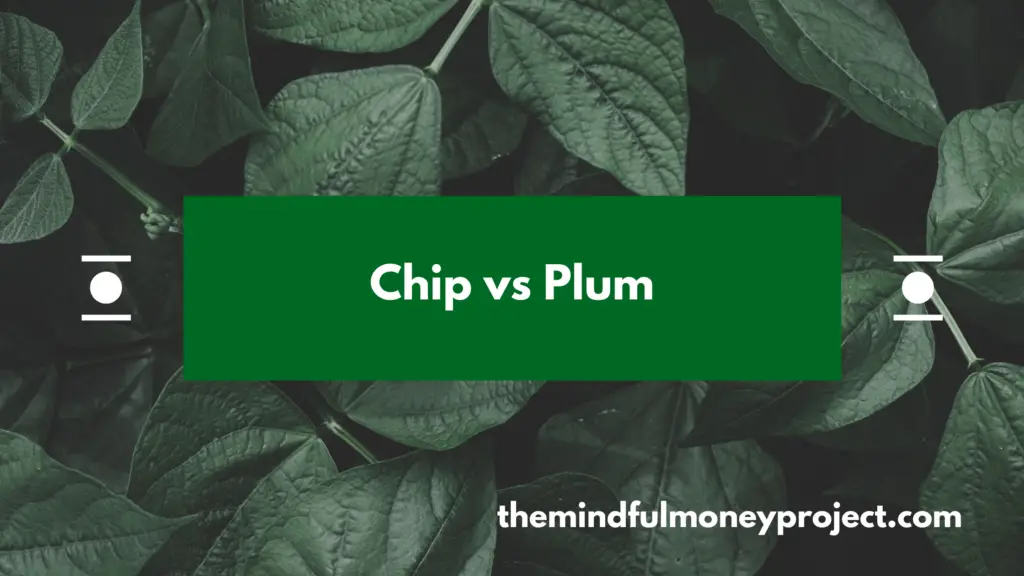
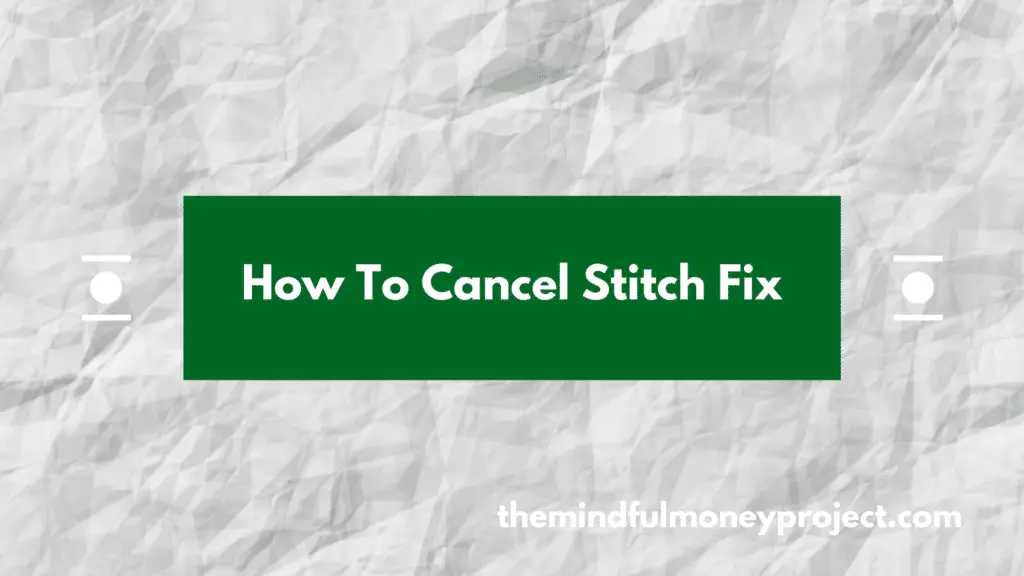

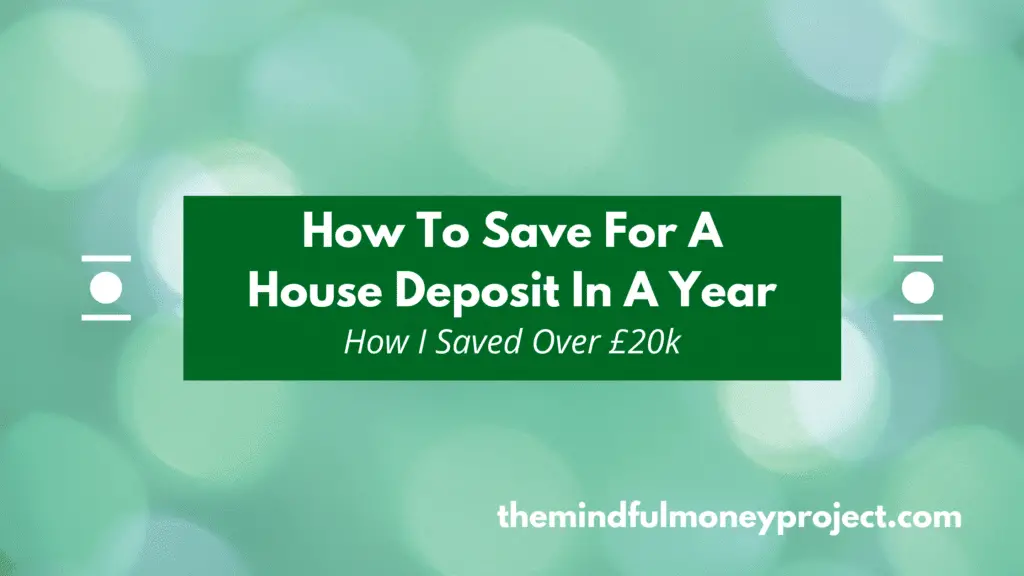

Pingback: Should I Save an Emergency Fund or Pay Off Debt? | The Mindful Money Project